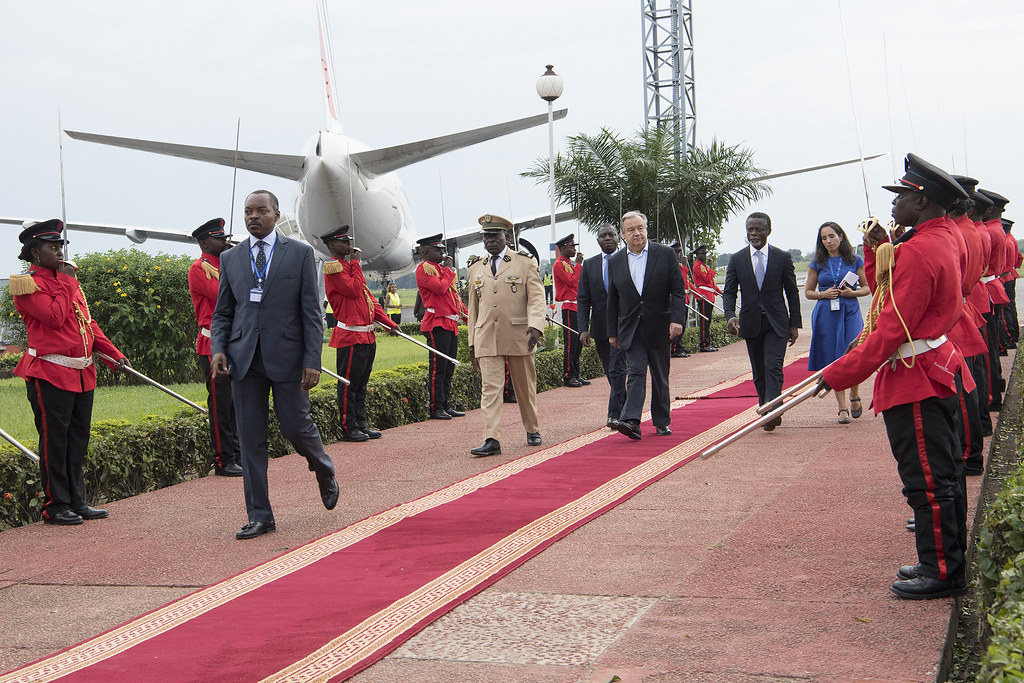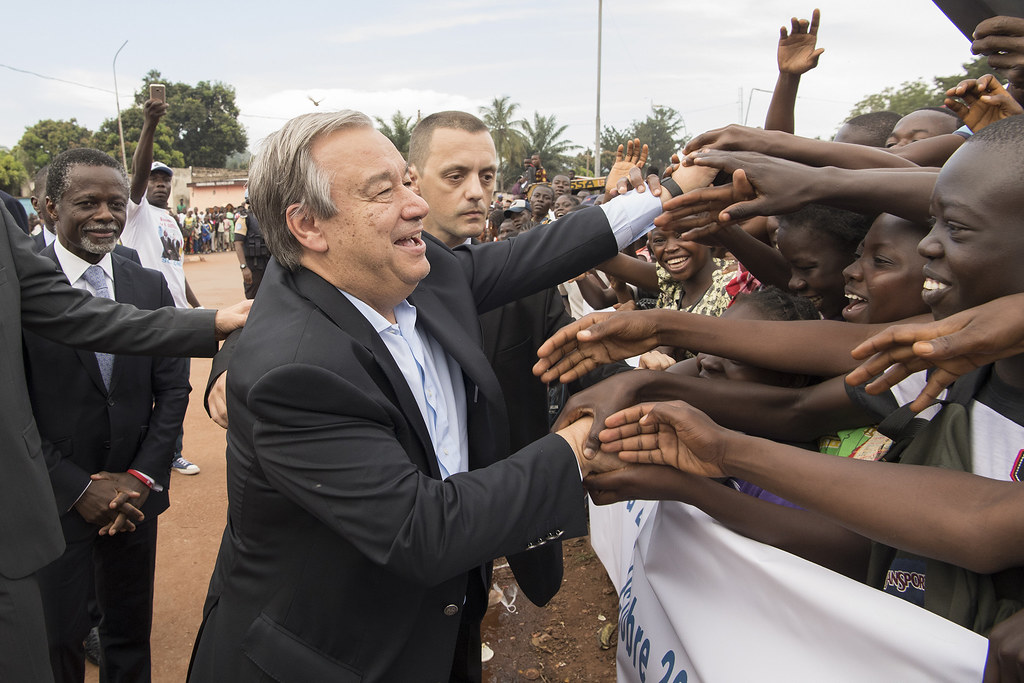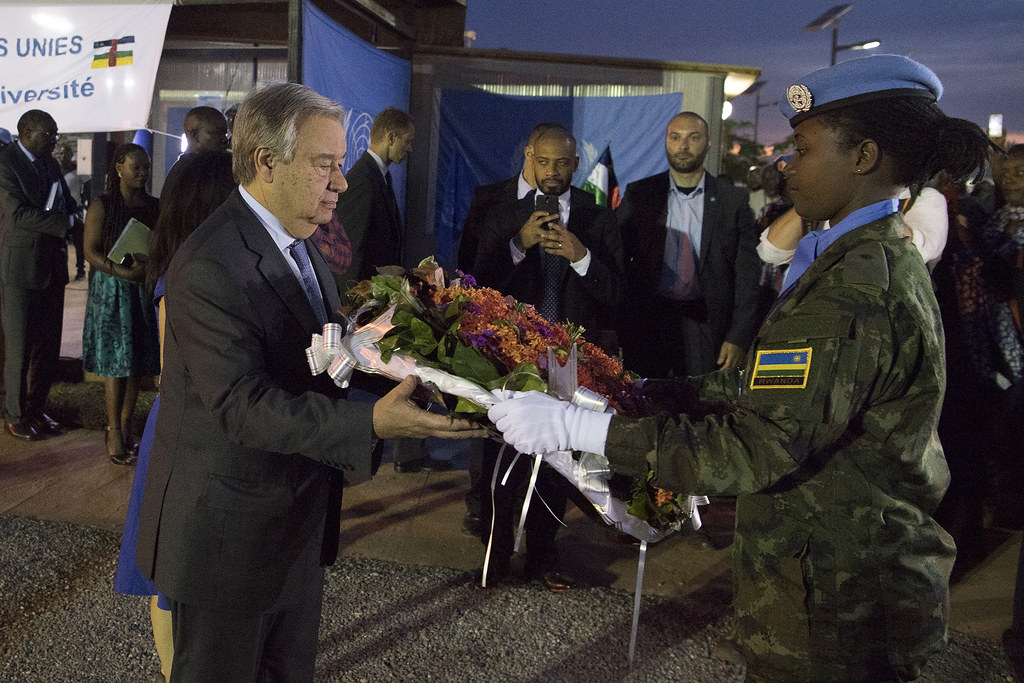24 October 2017 – Soap, toothbrushes, water containers and liquid antiseptic are among the items the United Nations migration agency is distributing to the hundreds of thousands of Rohingya refugees that have settled in sprawling camps that cover the Cox’s Bazar district of southern Bangladesh.
“These kits ensure that Rohingya families – particularly women and children – can at least meet their personal care and hygiene needs as they face the harsh reality of life in the makeshift settlements,” Sarat Dash, International Organization for Migration’s (IOM) Bangladesh Chief of Mission said on Tuesday.
The kits, which also include hygienic cloths, menstrual hygiene products, undergarments, and other small personal items, are funded by the UN’s Central Emergency Response Fund (CERF).
To date, IOM has distributed 6,626 hygiene kits to the most vulnerable families, reaching an estimated 33,130 people among those that have arrived in Bangladesh after fleeing violence in Myanmar’s Northern Rakhine state.
The kits are part of a $5 million CERF contribution to fund IOM shelter, health, water, sanitation and hygiene operations in Cox’s Bazar.
“CERF funding has been critical to saving lives in this humanitarian crisis. It has allowed us to scale up and respond to the escalating needs of Rohingya refugees in Cox’s Bazar in a very short timeframe,” Mr. Dash stressed.
An estimated 603,000 refugees have arrived in the Cox’s Bazar district of southern Bangladesh since August – joining some 200,000 others already sheltering in the settlements. Most of the new arrivals come with nothing but the clothes on their back, often having walked for days without food or water. Many have experienced devastating physical and emotional trauma.
Committing to help
On Monday, IOM, the UN Office for the Coordination of Humanitarian Affairs (OCHA) and the Office of the UN High Commissioner for Refugees (UNHCR) organized a pledging conference in Geneva co-hosted by the European Union and the Government of Kuwait. There, 35 international donors pledged $345 million to ramp up, over the next six months, critical humanitarian assistance for the refugees and host communities in Bangladesh.
The pledges, which include money already committed, cover nearly 80 per cent of the $434 million appealed for in the UN Joint Response Plan – aimed to meet the basic needs of 1.2 million newly arrived and existing refugees and their Bangladeshi hosts in Cox’s Bazar through February 2018.
“Without these vital funds, humanitarian agencies will not be able to continue to provide protection and life-saving aid to one of the most vulnerable groups in the world,” said IOM Director General William Lacy Swing, after the pledging conference.
“We welcome these pledges, but I hope that the end of this conference does not mean the end of new funding commitments. We have not reached our target and each percentage point we are under means thousands are left without food, healthcare and shelter,” he added.
IOM is appealing for $120 million to meet the needs of the most vulnerable Rohingya and the Bangladeshi communities hosting them over the next six months.



